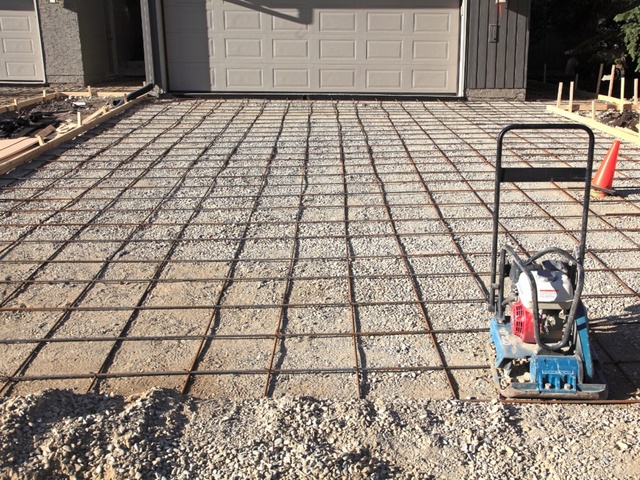Council urges compliance with sewerage works policy

Digital Edition
Subscribe
Get an all ACCESS PASS to the News and your Digital Edition with an online subscription
Labour hire firm racked up $11 million tax bill before collapse
Collapsed labour hire contractor iComply Horticultural Compliance Specialists amassed a tax debt of more than $11 million owed to state and federal tax agencies...







